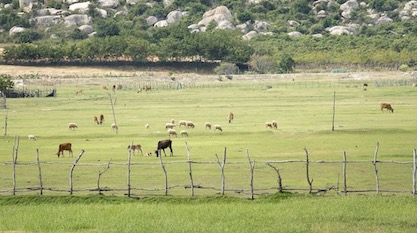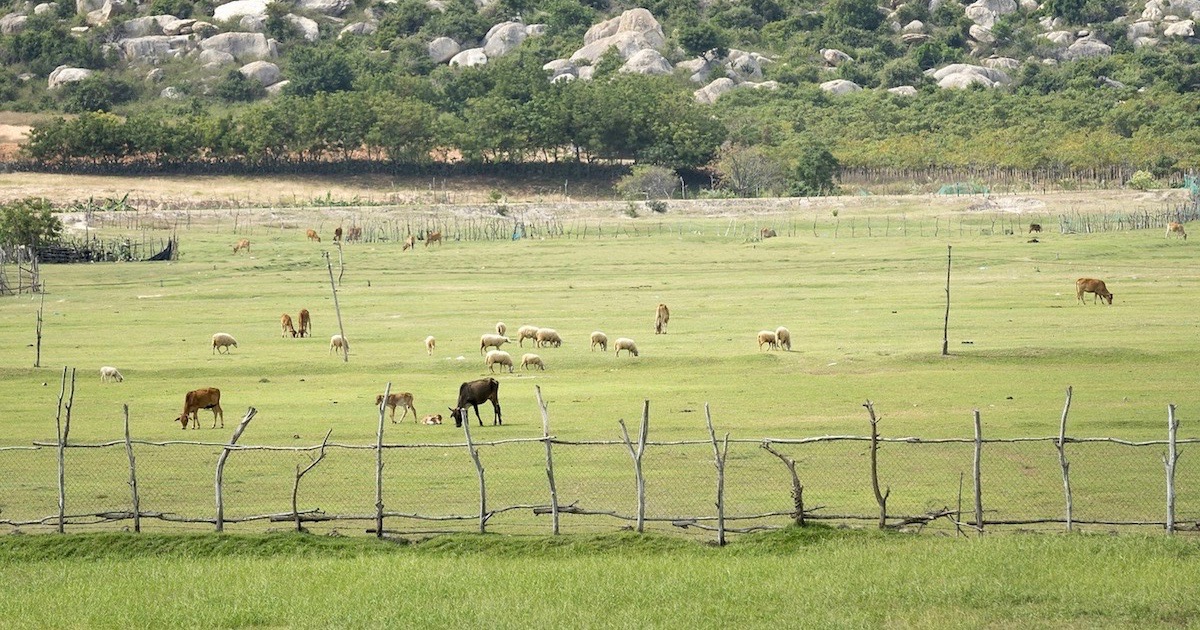 Culture & Ethics
Culture & Ethics
Animal Ownership and Antebellum Slavery — An Odious Comparison


The animal-rights movement is fond of making a misanthropic (and I would say, implicitly racist) comparison between our ownership of animals and antebellum slavery.
Now, as I have been warning, this odious conflation has spread to the natural world in the growing push for “nature rights.” From, “Our Laws Make Slaves of Nature,” by Mari Margil, of the Environmental Legal Defense Fund, writing in The Guardian:
In 1972 the law professor Christopher Stone published a seminal article, Should Trees Have Standing?, that explored the possibility of recognising the legal rights of nature. He described how women and slaves had long been treated as rightless in law, and suggested that just as they had eventually attained rights, so trees and other nonhuman living things should also do so.
That was laughable at the time, and in a saner intellectual and political environment, it still would be.
Alas, that kind of complacency is no longer justified. Four rivers have been given rights, including the Amazon and Ganges. A suit was filed (later, withdrawn) to do the same thing with the Colorado. More than 30 U.S. municipalities have passed nature-rights laws, as have two countries. The former Secretary General of the United Nations, Ban Ki-moon, supported the idea.
Margil believes that nature’s turn to receive legally enforceable rights is coming soon. Based on current trends — and the apparent lack of our political and cultural leaders to pay any notice or take any action to resist the trend — she may be right:
Lawmakers and judges appear increasingly to agree that it is time to secure the highest form of legal protection for nature, through the recognition of rights. To make progress in this area, we must break away from legal strictures that were never intended to apply to nature, such as legal personhood, and establish a new structure that addresses what nature needs. Perhaps we can call this framework legal naturehood.
A recent symposium at Tulane Law School, in New Orleans, brought together academics, lawyers and activists to develop a set of guidelines for recognising and enforcing legal rights of nature, known as the rights-of-nature principles. These define the basic rights that nature needs, including rights to existence, regeneration and restoration.
Further, they call for monetary damages derived from violations of these rights to be used solely to protect and restore nature to its pre-damaged state. In addition, they outline a means for nature to defend its own rights — like children unable to speak for themselves in court — by being the named “real party in interest” in administrative and court proceedings.
“Nature rights” is an advocacy strategy to attain legal standing for the most radical environmentalists toward the end of thwarting development and transforming courts into forums to impose an anti-human brand of deep ecology-type policies on the rest of society. (See my book The War on Humans.)
At minimum, such laws would impede human thriving because large resource-development projects would face crippling liability-policy premiums (if they could obtain insurance at all) and a continuing barrage of harassing lawsuits seeking to enjoin any action that the radicals claimed would “enslave” nature.
“Nature rights” also seeks to destroy human exceptionalism and shatter our status as the exclusive rights-bearing beings — as it ironically forced upon us unique and draconian duties to put the “rights” of nature above (or, at least co-equal with) our own.
Such policies could be very beneficial to the “mosquito community,” but will be extremely deleterious to us if this trend isn’t halted. Congress and state legislatures should pass laws restricting “rights” and legal standing to human beings and our juridical organizations and associations. Animals, rivers, swamps, and viruses should never have any legal standing in courts of law.
Photo credit: Quangpraha, via Pixabay.
Cross-posted at The Corner.
